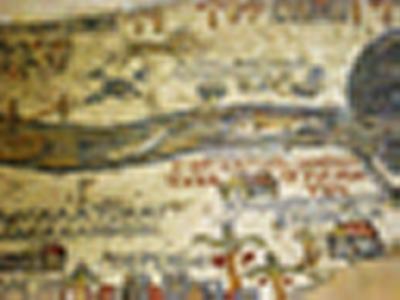DIALOG: Mapping the culture of Antiquity online

A project which will make it easier to discover and map online information about ancient places begins tomorrow (1 February 2011).
Leif Isaksen, who is commencing a Research Fellowship with the Archaeological Computing Research Group, University of Southampton, is working with a global consortium led by Southampton and the Open University to develop a system to integrate data from existing ancient world resources, which will be available within nine months.
He is Co-Investigator on the JISC-funded DIALOG (Document and Integrate Ancient Linked Open Geodata) project which aims to create a common format for referencing ancient locations in online resources.
Making data accessible
"The inspiration for this project came largely from our on-going Google Ancient Places (GAP) project which aims to identify classical locations in Google Books and other digital libraries," said Mr Isaksen. "DIALOG will take this a step further by creating a generalised and machine-readable format for referring to ancient places in any Web document whether it’s a text, map or even database."
The project partners are using the Pleiades online gazetteer of over 30,000 ancient locations and will use Linked Open Data principles to connect textual, visual and tabular documents that reference the Ancient World. They will also develop mapping and discovery tools to make it easy for researchers, developers and the general public to make use of the data.
A modern application
"Although we are developing this standardized method for Antiquity, once it exists, it can also be used just as easily for references to modern place names as well," said Mr. Isaksen.
The consortium is keen to involve digital librarians and other online resource curators involved in Ancient World research and will host a workshop in March to brief them further.
Consortium project partners are:
- Archaeological Computing Research Group (ACRG), University of Southampton
- Faculty of Arts & LUCERO, the Open University
- Pleiades, New York University
- Perseus, Tufts University
- Arachne, University of Cologne
- Supporting Productive Queries for Research (SPQR),
King’s College, London
- Digital Memory Engineering (DME), Austrian Institute of Technology
Links to external websites
The University cannot accept responsibility for external websites.